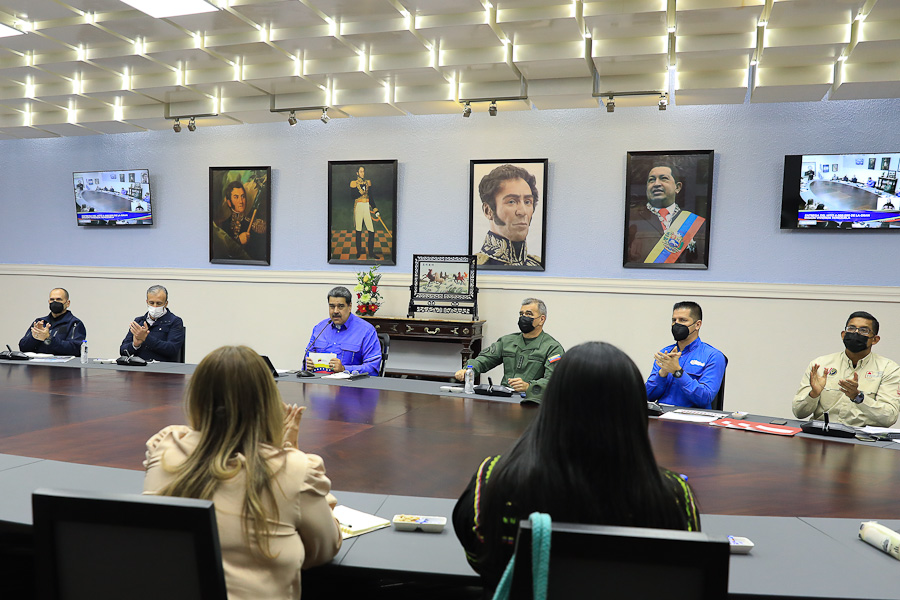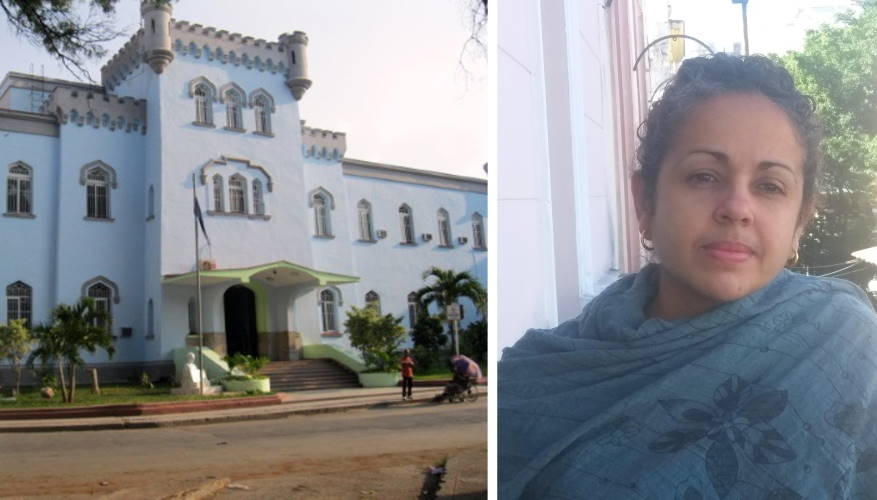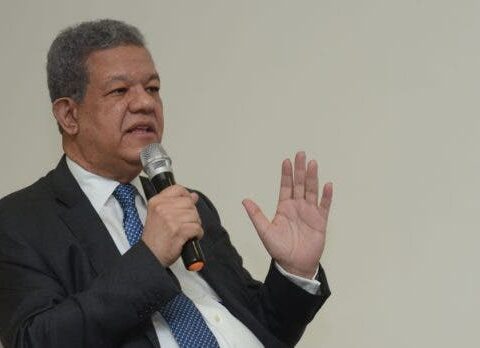Dominican families responded to a questionnaire about the main needs and concerns they have to care for their children with the condition
When a family is diagnosed with a son or daughter with autism it feels like sinking into quicksand.
But what do we mean? This is Autism Spectrum Disorder (ASD). The term spectrum is because it encompasses various peculiarities.
According to the World Health Organization (WHO) these disorders are characterized by difficulties in communication, social interaction and by a restricted and repetitive repertoire of interests and activities.
One of the main concerns of families with children within the TEA, is the management of their behavior, learning and coexistence in the different stages of their lives. Autism makes it difficult for the boy or girl to communicate verbally with those around him. This limitation causes frustrations, tantrums, anxiety and hyperactivity.
Those affected often have comorbid conditions, such as epilepsy, depression, anxiety, and attention deficit disorder. Intellectual level varies greatly from case to case, ranging from profound impairment to cases with high cognitive abilities.
In addition, they have problems with body language and eye contact, social interactions, making and keeping friends, sensory perceptions, rigid behavior, intense and unusual interests.
The WHO estimates that 1 in 160 children will develop some type of disorder on the autism spectrum, although this figure is considered in many areas to be very conservative, since it is understood that the prevalence of the condition is much higher.
Regarding the causes, the available scientific evidence indicates the existence of multiple factors, including genetic and environmental factors, which make it more likely that a child may suffer from an ASD.
Families with children with ASD face serious difficulties that have to do with access to health, education, recreational activities. All services are very expensive. The university and labor issues represent other dimensions of maximum concern.
Caregivers suffer physical and emotional exhaustion as they face the unknown world inside their children on a daily basis.
The DR does not have policies for ASD cases
The Dominican Republic does not have the public policies to address this situation, which becomes desperate for many families.
Among the entities that offer services is the Comprehensive Disability Care Center (CAID), a government entity overwhelmed by demand, and which, in addition to autism, cares for children with Down syndrome and cerebral palsy, with offices on Avenida Luperón, Santo Domingo, Santiago and San Juan de la Maguana. There is a branch under construction in Santo Domingo Este.
There are several NGOs dedicated to the issue in the country, generally motivated by mothers of children on the spectrum, but with few resources. There are the Dominican foundations for Autism, Autism in March, Light and Hope for Autism, and United Hands for Autism.
Care needs include evaluation and diagnosis, speech and language therapy, pediatrics, nutrition, psychiatry, physiatry, occupational therapy, behavioral intervention, psychopedagogical support, pediatric dentistry, family therapy. In addition, music therapy, theater, dance, painting and sports activities such as swimming, tennis and equine therapy are very helpful.
Contribution and quiet hours
A child with ASD is generally excluded from the conventional educational system, which is a headache for parents. In addition, the needs in health, recreation, food and transportation are added.
The Ministries of Education, Health, Sports, Youth and Culture have much to contribute, and they can do so with a joint institutional program for the application of public policies. The Professional Technical Training Institute must open a chapter for the training of young people with ASD.
An idea where the private sector, the industry, can support is manufacturing cotton t-shirts without stamps, because children with ASD are hypersensitive and tear them off. They present the same difficulty in shoes with laces, and their favorites with brooches are difficult in stores.
Permits in workplaces for parents of children with ASD to attend therapy is another limitation.
In the Netherlands and Argentina, chain stores have arranged two hours, one day of the week, so that the ambient music lowers its decibels, the lights are dimmed and the noise of filling shelves or moving cars will be reduced to a minimum, and children with TEA and your families enjoy your purchases. Loud sounds are a kind of torture for a person with autism, as it can cause anxiety crises, blockages and sensory crises. Spain is one of the countries with the most progress in autism and Chile recently legislated on the matter.
family concerns
A questionnaire answered in mid-2021 by Dominican mothers and fathers with ASD children for a final master’s thesis in Corporate Communication and Digital Marketing, at Next University, Madrid, Spain, supported by a server, my compatriot Lissa Pérez and Panamanian Isabella Prado, reveals in summary the problem:
-The need for a law that addresses the care of people with ASD in a comprehensive and interdisciplinary manner, especially early care to provide an effective response in relation to evaluation, diagnosis and treatment.
-The Government should help with subsidies to parents who do not have enough income. More institutions can help children and their families.
-Information campaigns to raise social awareness of this problem. In addition, a campaign to inform about existing organizations to dismantle stigmas and satisfy concerns about a possible treatment.
-Free public transport.
-More subsidized disability care centers, more schools with work schemes aimed at autism.
-Really inclusive education, health insurance that covers therapies and job placement.
UN exhortation
The General Assembly of the United Nations declared April 2 as World Autism Awareness Day, starting in 2008, following a resolution approved at the 76th plenary session on December 18, 2007.
It encourages the Member States to take measures to raise awareness throughout society, including at family level, about the situation of children with autism.
“Deeply concerned about the prevalence and high incidence of autism in children in all regions of the world and the consequent developmental challenges that affect long-term health, education, training and intervention programs undertaken by governments, non-governmental organizations and the private sector, as well as for its terrible consequences on children, their families, communities and society”, the UN states in its resolution.
Research
In 2017, an investigation was carried out by the Organization of Ibero-American States for Education, Science and Culture and the Center for Comprehensive Care for Disability (CAID) on the quality of life of children diagnosed with autism, the Existing stigma and what their caregivers should know in the Dominican Republic in 2016.
A survey called “Caregivers’ Needs” was carried out and applied in an online format and placed in a portal specially designed for this survey. 156 surveys were obtained from different parts of the country.
• 62.5% of the children of those surveyed attended private educational centers, while only 13.8% attended public educational centers.
• The majority of families whose children should receive additional support reported that they assumed between 70.8% and 93.8% of the total payment of these supports.
• Of those surveyed, only 32 families had children over 12 years of age. Of these, 21.8% referred to the lack of opportunities for adolescents and young adults with ASD.
• 26.3% of those surveyed understand that other people discriminated against them for having a child with ASD and 6.6% worry that other people know about their child’s condition.
• Frustration in 55.2% of those surveyed.








